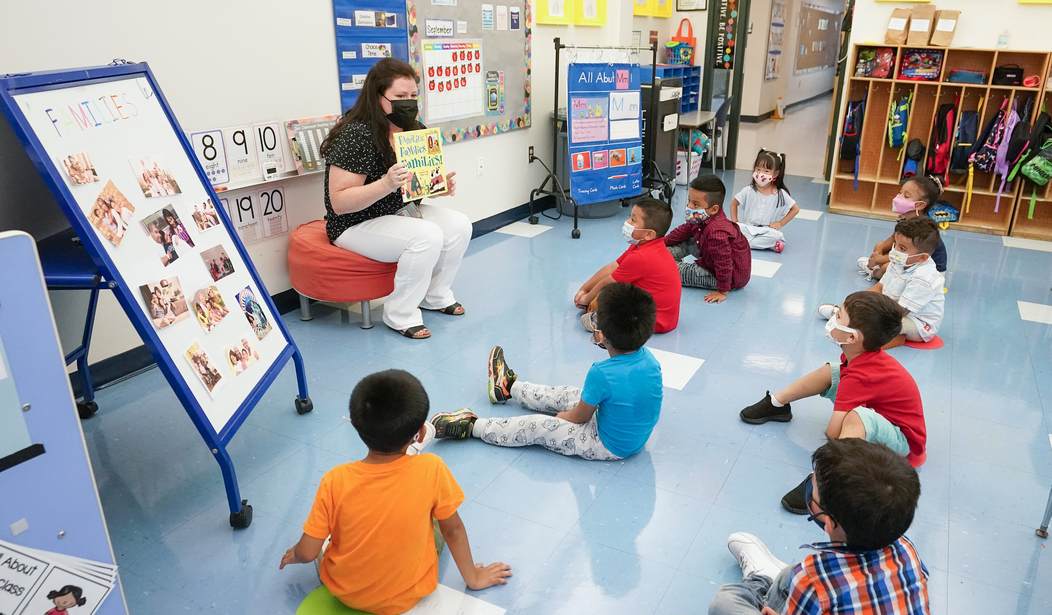In Harford County, Maryland, a suburban area to the northeast of Baltimore, the Harford County School Board narrowly voted in June to reject a proposal to add an Advanced Placement class in African American Studies to the school's curriculum. The board reasoned that the expense associated with such an expansion was not merited when the local schools were already struggling in many areas. This angered many diversity advocates and the usual accusations began flying. At a board meeting this week, the issue came to a head, with enough people showing up to complain that many had to wait in line outside the building for a chance to speak. The meeting lasted more than two and a half hours but ended without further action being taken, at least for the time being. (CBS News)
In a tense, hours-long meeting Monday night, the Harford County School Board heard from dozens of community members concerned about their decision to reject adding an Advanced Placement African American studies class to the district's curriculum.
The board originally made this controversial decision in a 5 to 4 vote in June, causing a major amount of outrage in the community.
The meeting was packed. Many of the people who signed up to speak had to wait outside until it was their turn to do so. The public comment section of this meeting lasted 2 1/2 hours and got heated at times.
Various quotes were given by the speakers, including one teacher who said, "Black history is American history, is American history period." Others echoed similar sentiments. Many of the speakers seemed more interested in painting the country in an unflattering light than expanding educational opportunities. One student who was allowed to speak said that the more you dig into American history, "the uglier it gets." This was a clear reference to racism.
Others pushed back against the proposal and sided with the board members who voted to reject the AP African-American Studies course. One mother described the curriculum as being "highly politicized" and inappropriate for the county's students. The board opted not to take any further action during Monday's meeting. But since the original proposal only failed on a 5-4 vote, they could still meet to vote again and possibly pass it if any members feel enough pressure from this public demonstration.
The entire debate strikes me as being problematic, particularly considering the venue we're discussing. When I was a young high school student, there were a number of advanced placement courses offered, particularly for regents students. These included calculus for those who completed the standard math classes, chemistry in the science progression, and even an early computer programming course teaching the Fortran 77 language. Those are the types of studies that prepare students for college and technical careers. Why would the school add an AP program based on racial divisiveness, gender studies, or any other "trendy" topics? What advantage would that offer to students?
Also, before bothering to add any more advanced placement courses, the schools need to get their regular, basic study programs up to par. Maryland's public schools, particularly in the Baltimore area, have some of the lowest math and reading proficiency scores imaginable year after year. Chronic truancy is an ongoing problem as well. The current attitude of most of these school boards is based on the premise that "everybody gets a trophy" and they issue passing grades whether the students have mastered the coursework or not. They are graduating kids who will be lucky if they are able to read a menu at a restaurant or balance a checkbook.
Finally, even if you insist that there needs to be some sort of racially-based AP class, where are the classes in Asian-American or Hispanic-American studies? Even more to the point, particularly in the northeast, why are they not offering classes in Indigenous American history, particularly when there are many tribes still very active in the region? Why is it only African-American history that's important? I assume it must have something to do with Black Lives Matter, but that shouldn't be the cornerstone of a child's early education.








Join the conversation as a VIP Member